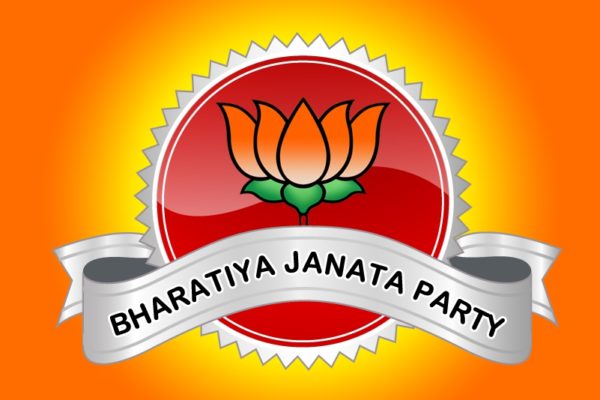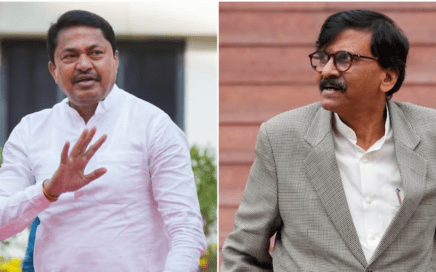
Nagpur: As the Maha Vikas Aghadi (MVA) coalition finalized its candidate nominations for all 12 Assembly seats in Nagpur district on Sunday, the ruling Mahayuti alliance, led by the Bharatiya Janata Party (BJP), is still holding back its final list. With just two days left for filing nominations for the upcoming State Assembly elections, dissent among ticket aspirants in Nagpur has delayed the BJP’s announcement, leading to growing unrest within the party.
Within Nagpur city, the BJP has yet to name candidates for key constituencies, including Nagpur Central, North, and West. This delay, fuelled by intense competition among aspirants, has created a tense atmosphere, with the party’s leadership fearing a potential backlash from cadres that could impact the party’s standing in these critical seats.
In Nagpur Central, the sitting BJP MLA, Vikas Kumbhare, faces opposition from young leaders within the party, who have made notable contributions in civic politics and now seek a platform in state governance. The decision to potentially repeat Kumbhare has not gone well with these new aspirants, whose ambitions for upward mobility are causing friction within the ranks.
Similarly, in Nagpur West, which the BJP lost in the 2019 elections, the party aims to reclaim the seat but faces significant internal resistance as multiple candidates aggressively vie for the ticket. Leaders with strong civic credentials are pushing their case, hoping to bring fresh momentum to the Assembly race.
In Nagpur North, the situation mirrors that of Central and West, with seasoned civic leaders challenging the status quo and adding to the dilemma facing the party’s leadership. Balancing experience and the push for new faces has complicated the decision-making process, putting the BJP under additional pressure to finalize its candidates without alienating its core supporters.
With nomination deadlines fast approaching, the BJP must make swift decisions to present a united front in the upcoming elections, particularly in Nagpur city, where maintaining control is seen as vital to the party’s state-level strategy.
















